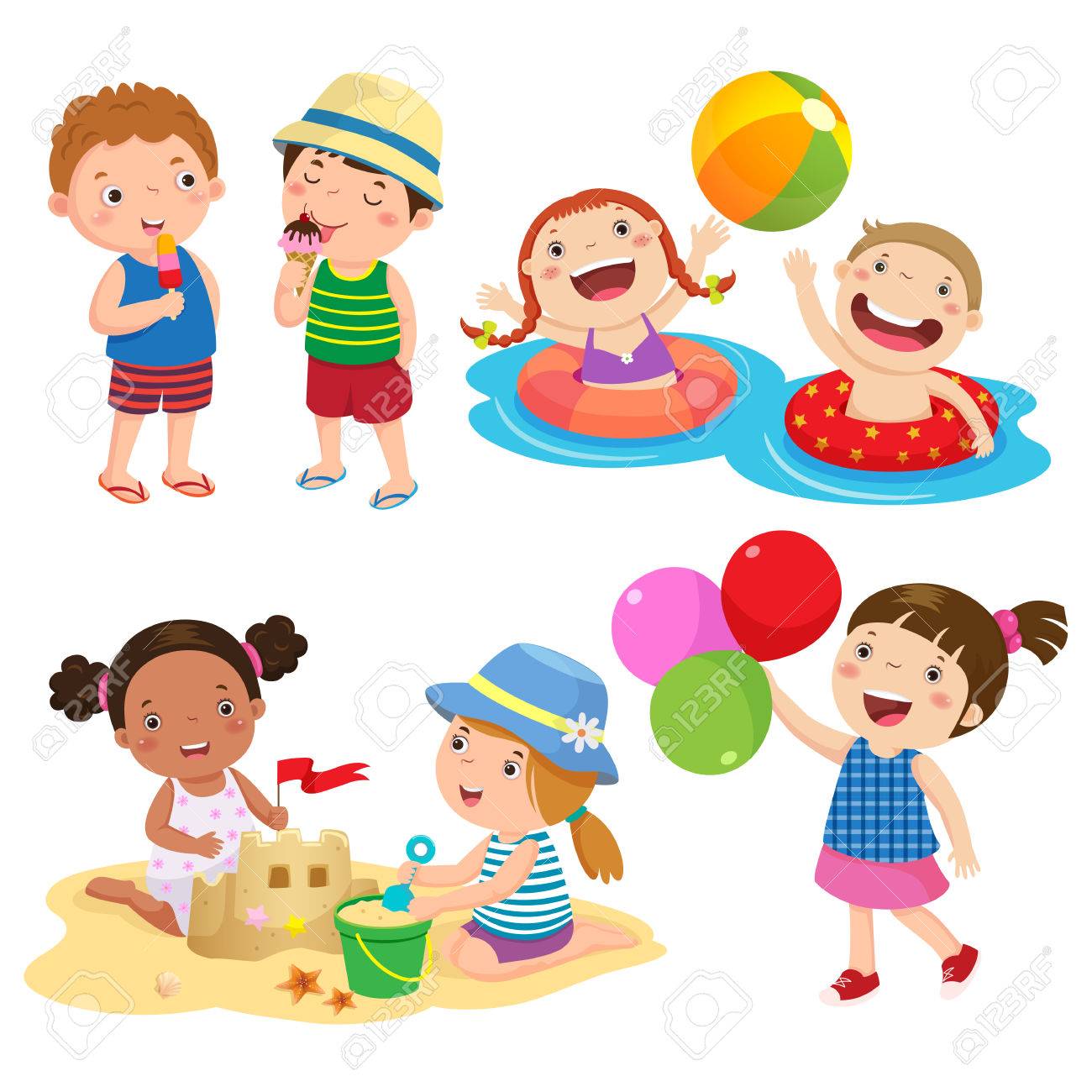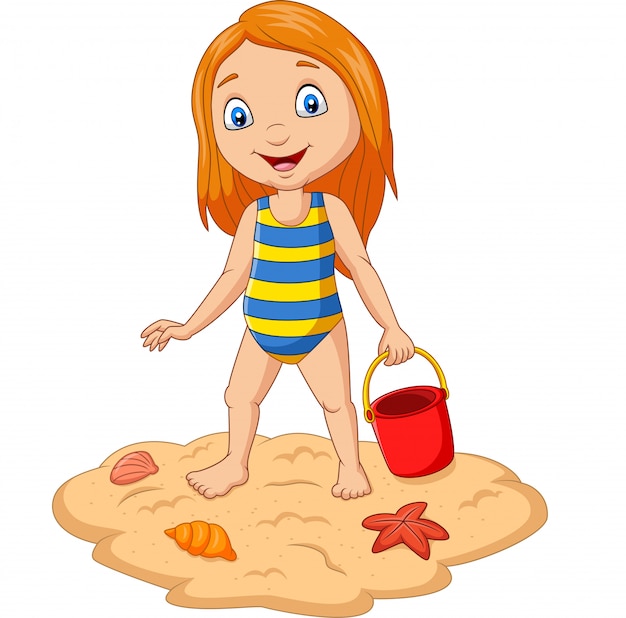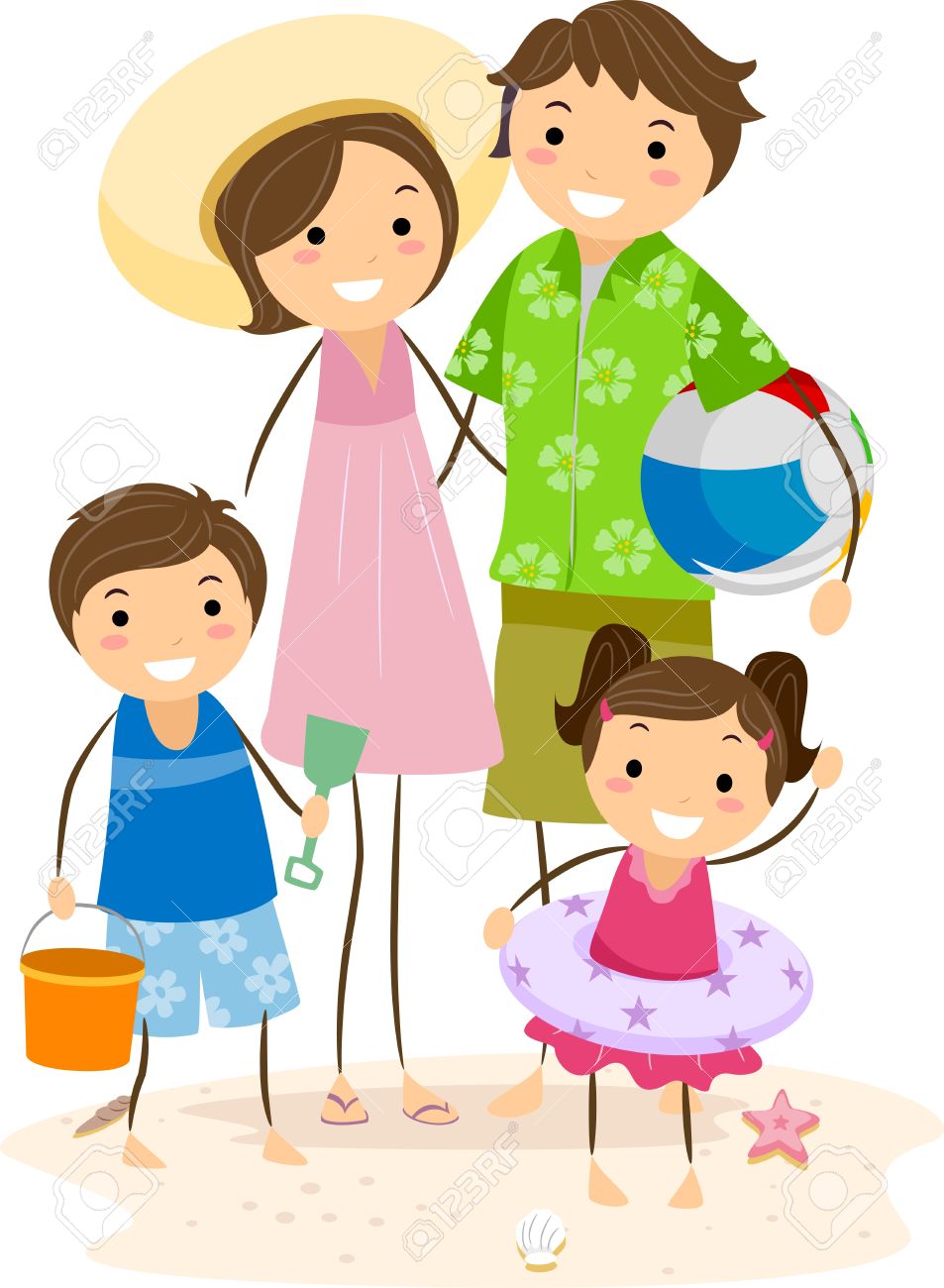Grammar - Tenses -Present Perfect Tense
Present Perfect Tense
Once
again Kurulu joins with us to
continue our discussions on Grammar especially
on Present Perfect Tense
Let’s begin
This is Kurulu. She lives in a beautiful village. This village is situated near the beach. Therefore she goes to this beach every weekend. Today is Sunday and I came to the beach too. I’m at the beach now and Kurulu has already come to the beach.She has not come here alone. She has visited the beach with her family. They all have enjoyed at the beach because it has been sunny. Vihanga, her elder brother has flown a kite and now his kite is high up in the sky. His little brother Pavan has ridden the pony and now he is getting down. Her father has walked beside him and he is helping Pavan to get down. Has Pavan been happy? Yes. Pavan has bee happy because he has enjoyed the ride and he is smiling happily. Her friends also have joined them in that visit as usual. Her friends Smanali and Sepalika have built sand castles and there are number of sand castles around. Those castles are very beautiful. Kokila and Pahan have played with a ball. Kokila has thrown the ball and Pahan has caught it now they are tired and relaxing on the beach and the ball is just lying beside them. Sandaras has collected sea shells and there are many seashell in his bag. After building sand castles Samanali and Seplaika have bathed in the sea and now they are sitting on a rock with wet hair. What has Kurulu done all this time at the beach? Has she swum in the sea? No, Kurulu has watched the rolling waves in the sea and now she is up to her feet to go to collect sea shells as usual. They have not idled a single moment today too. Their mother has waited sitting on a rock. She has watched them at play all this time and now she is walking towards the rolling waves. An ice-cream seller has sold lot of ice cream because most of the people at the beach are eating ice-cream. He has sold different kinds of ice-cream. The Kadala vendor has not come to the beach today. Where has the kadala vendor gone? Nobody knows! This Sunday has not been a dull day. It has been an enjoyable day for all of them because they all are shouting and laughing happily.
This
paragraph tells us what Kurulu and her family have started doing at the beach a
few hours ago and they have continued it up to now.
We use
Present perfect Tense
to talk
about
things which have started in the past time
and
extended or continued to the present
and
the result of those actions
can be seen now at the present
The
above story also tells us about how Kuruulu, her family and her friends have
spent their weekend at the beach a few hours ago. We can also see the result of
their actions too.
To
describe their actions which have started few hours ago and continued up to now
we use Present Perfect Tense.
Look at
the following sentences again paying attention to the highlighted verbs
Kurulu has already
come to the beach.
She has not come here alone.
She has visited
the beach with her family.
They all have enjoyed at the beach because it has been
sunny.
Vihanga, her elder brother has flown a kite and now his kite is high up in the sky.
His
little brother Pavan has ridden the
pony and now he is getting down. Her father has walked beside him and he is helping Pavan to get down.
Has Pavan been happy?
Yes. Pavan has enjoyed the ride and he is
smiling happily.
Her
friends also have
joined them in that visit as usual.
Her
friends Smanali and Sepalika have built sand
castles and there are number of Sand castles around.
Kokila and Pahan have played with a ball.
Kokila has thrown
the ball and Pahan has caught it. Now they are tired and relaxing on the beach and
the ball is just lying beside them.
Sandaras has collected sea shells and there
are many seashell in his bag.
After
building sand castles Samanali and Seplaika have bathed in
the sea and they are sitting on a rock with wet hair.
What has Kurulu
done
all this time at the beach?
Has she swum
in the sea?
No,
Kurulu has watched the rolling waves in the sea and now she is up to
her feet to go to collect sea shells as usual.
They have not idled a single moment
today too.
Their mother
has waited sitting on a
rock.
She has watched
them at play all this time and now she is walking towards the rolling waves.
An
ice-cream seller has sold lot of ice cream
because most of the people at the beach are eating ice-cream.
He has sold different kinds of ice-cream.
The Kadala vendor has not come to the beach today.
Where has the
kadala vendor gone?
This Sunday has not been a dull day.
It has been an
enjoyable day for all of them because they all are shouting and laughing
happily.
All these sentences talk about
Actions which have happened
Kurulu has already
come to the beach.
She has visited
the beach with her family.
Actions which have not happened
She has not come here alone.
The
Kadala vendor has
not come to the beach today.
We can also ask
Questions about the actions which have happened
What has Kurulu
done
all this time at the beach?
Has she swum
in the sea?
Has she built sand castles?
Where has the kadala vendor gone?
Remember!
Not only
the actions
we can also say and ask
Something about them and that weekend
It has been
sunny.
Has Pavan been happy?
It has been an
enjoyable day for all of them
They all use present perfect form because those actions have
started in the past and continued up to the present and completed in the present.
The result of certain actions can be seen now
Look at the following examples
 |
Vihanga,
her elder brother has flown a
kite and now his kite is high up in the sky.
Here Vihanga started
flying the
kite
in the past and as a result of his past action which
continued till now his kite can be seen high up in the sky.
So we
use present perfect form and say
Vihanga has
flown a kite
Here is
another example
Kurulu has collected
sea shells and there are many seashell in her bucket.
Here Kurulu started
collecting seashells few hours ago and
as result of her action which continued up to this moment there are many
seashell in the bucket now.
So we
use present perfect form and say
Kurulu has collected
sea shells.
Remember!
When the past action has a connection with
the present we use present perfect
Do you
notice any difference in the use of the verb?
Yes,
there is a difference.
Some
sentences used action verbs in the past participle form with the verbs has and have
Kokila
and Pavan has
played with a ball.
Kokila has thrown
the ball and Pavan has caught it.
But some
others used auxiliary verbs
It has been an enjoyable day for all of them
It has been
sunny.
And in some has not before the verb.
This
Sunday has not been a
dull day.
She has not come here
alone.
So we need to learn the reason for that
difference
Next we
are going to learn the reason.
For
that we need to learn how the Present Perfect Tense sentences are formed.
Let’s
learn that
Let’s look at how Present Perfect Tense sentences are formed.
When talking about actions happened we use
Subject + has /have+ Verb
+ Object / Adverbial
(Past participle form)
She has visited the beach
with her family.
They all have enjoyed
at the beach
Remember!
In the Present Perfect Tense the verb is used in the Past Participle form
Past Participle form is also formed as follows.
We also add ed, d, ied & t at the end of the verb when forming
the verb in the past participle form
We add ed to most of the verbs when making the past participle form.
wait - waited
join - joined
collect -collected
watch - watched
When do we add d?
We add d when the verb ends in e
Examples
prepare - prepared
share -shared
care - cared
bathe – bathed
When do we add ied?
When the verb ends in y and followed by a consonant
we drop y
and add ied
cry -
cried
hurry-
hurried
burry-
buried
Carry-
carried
marry
- married
But we keep y and add ed when the verb ends in y followed by a vowel
play - played
delay - delayed
employ
-
employed
stay
- stayed
There are some unusual verbs in English
They never follow the above rule
What are they?
They are
say
pay
lay
They are made in the past
said paid laid
In some English verbs t is added after the base form
learn - learnt
burn - burnt
meant - meant
send - sent
spend - spent
These verbs are called regular or weak verbs because they take the same pattern or regular pattern when forming the past participle .
There are also strong verbs or irregular
verbs
How do
they take their past participle form?
In some words the vowel sound is changed
meet - met
get – got
lead - led
Some take a completely different word
do - done
go
– gone
eat
- eaten
give
- given
hide - hidden
steal -
stolen
write - written
swim
- swum
sing – sung
sink - sunk
begin
- begun
teach
– taught
catch
- caught
think
-
thought
bring
- brought
seek
- sought
buy
-
bought
Some take the same word
cut - cut
put – put
shut – shut
hit - hit
come - come
run - run
Some take the past form of the word
have - had
loose – lost
make –made
Now see how the sentences are structured.
If the subject is singular, or if we talk about one person, we use
Subject Singular + has + verb + Object / Adverbial
(Past
participle form)
Kokila has thrown the ball.
More examples
 |
An
ice-cream seller has sold lot of ice cream.
Vihanga,
her elder brother has flown a kite.
 |
Their mother has waited sitting on a rock.

Kokila has kicked the ball.
If the subject is plural, or if
we talk about more than one person we use
Subject Plural + have + verb + Object / Adverbial
(Past
participle form)
Smanali
and Sepalika have built sand castles on the beach
More
examples
Kokila
and Pahan have played with a ball.
They all have enjoyed at
the beach .
Her friends also have joined
them
if we talk something
about somebody or something in the present perfect
we use
Subject + auxiliary
verb + Compliment / Adverbial
(has been/have been)
It has been an
enjoyable day for all of them
They have been
happy at the beach.
If
Subject Singular + has been + Compliment / Adverbial
It has been an
enjoyable day for all of them
Subject Plural + have been + Compliment/Adverbial
They have been happy at the beach.
More
examples
It has been sunny.
Pavan has been happy riding the pony.
Remember!
When we use a pronoun as the subject,
If the subject is I we use the helping verb have
If the subject is He, She and It we use the helping verb has
If the subject is You, We and They we use the helping verb have
Do
the following activities
Activity
1
Fill the
blanks with the present Perfect form of the verb. Use the verb stems in the
brackets.
1.
Some
tourists ……… …………
along the beach so they are tired. (run)
2.
Kurulu’s father ……… ……..beside the pony and now he is helping
her brother to get down.(walk)
3.
The
children ……… ………… ice-cream.(eat)
4.
The
boats …… ……….. to the beach.(return)
5.
Kurulu’s
younger brother ……… …………… a pony .(ride)
6.
Kurulu ……… …………... to the beach. (be)
7.
Pavan’s father
……… …………. with him (come)
8.
The ice cream seller ………………. ice-cream to the children(give)
9.
The boys
…………… …………. kites.(make)
10.
I ………… ………….. my car towards the beach.(drive)
11.
Kurulu’s
mother……… …………… on a rock. (sit)
12.Some tourists …… …
…….……. in the sea now. (swim)
13. The poor children at the beech ..... ............ hungry. (be)
14. the Kadala vendor .... ........... under the tree for a long time selling kadala (be)
Fill the blanks with the present perfect form of the verb. Use the verb stems in the brackets.
- Kurulu’s mother ……… …………… rolling waves.(watch).
- The birds ……… …………. in the sky.(fly)
- Pavan ……… ……… the ball. (catch)
- Kurulu’s father ……. …….…... her brother to fly the kite.( teach)
- The children ………. …………. for ice-cream.(run)
- Kurulu …… …...……… to collect most beautiful shells. (try)
When talking about actions that has not happened
(negative form) we use
has /have not
Subject + has not + Verb + Object / Adverbial
(Past participle form)
She has not gone
there alone.
The
Kadala vendor has not come to the beach today.
More
examples
Pavan has not flown kites.
Mother hasn’t had a bath.
Vihanga
has not ridden the pony.
 |
When talking about something about someone or
something we use
Subject +has/have+ not +been + Compliment/Adverbial
It has not been a
dull day.
They have not been bored on that day.
More
examples
Kurulu and her friends have not been bored.
The sea has not been rough.
Pavan has not been sad on that day
Do the following activities
Activity 3
Change
the following sentences in to negative form.
1.
The
birds have flown in the sky.
2.
Kurulu’s
mother has made sand castles.
3.
Kurulu has collected sea shells.
4.
The
ice-cream seller has sold cool drinks at the beach.
5.
Vihanga has bought kites.
6.
You have built the sand castles well.
7.
I have come
to the beach by my car.
8.
They have enjoyed the day at the beach.
When asking about actions happen (interrogative
form) we use
Has & Have
We form ‘yes, no’ questions in
the present simple by adding the auxiliary
Has /Have before the subject
of the verb.
What
are ‘yes, no’ questions?
They
are the questions which get either yes or no as the answer.
If the subject is
singular or about one person we use Has
and if we ask about a plural subject or if it is more than one
person we use Have before the
subject of the verb
Has/Have + Subject + Verb
+ Object / Adverbial
Has she gone to the beach last week end?
Yes, she has.
Has she gone to the beach alone?
No, she has not.
Have they flown kites?
Yes, they have.
Have the children bought kites?
No, they haven’t.
More
examples
Has Pavan ridden
pony?
Yes he
has.
Has mother had a bath?
No, she
hasn’t
 |
Have the children made sand
castles?
Yes,
they have.
When talking about something about someone or
something we use
Has /Have + Subject + been + Compliment
/ Adverbial
Has Pavan been happy?
Yes, he has
been happy.
Have they been at the beach?
Yes, they have been at the beach.
Do the following activities
Activity 4
Make
questions to get the following as the answers.
- Yes, the birds have flown in the sky.
- No, kurulu’s mothe rhas not made sand castles.
- Yes, Kurulu has colleceds sea shells.
- No, the ice-cream seller has not sold cool drinks.
- Yes, Vihanga has flown a kite.
- Yes, you have built the sand castles well.
- No, I have not come to the beach today.
No, the children do not sun bathe.
We form ‘information’ questions in
the past simple
by adding a question word before the auxiliary has/have before the subject of the verb.
What
are ‘information’ questions?
They are
the questions which get certain information as the answer.
If the subject is
singular or if we ask about one person we use has and if the subject is plural
or more than one person we use have after
the question word
Question
word + has/have + Subject + Verb + Adverbial
Where has she gone today?
She has gone to the beach
today.
What have they collected at the beach?
They have
collected seashells at the beach.
More
examples
 |
What have the children built on
the beach?
The children have built sand castles.
Where has mother
sat at the beach?
She has sat on a rock.
What has pavan riden?
Pavan riden a pony.
When talking about something about someone or
something we use
Question
word + has/have + Subject + been + Adverbial
Where has Kurulu been today?
Kurulu
has been to the
beach.
More
examples
Why have they been happy?
They have
been happy because the day has been good.
Do the following activities
Make questions
to get the highlighted word or phrase as the answers.
1.
The
birds have flown in the sky.
2.
Kurulu’s mother has not made sand castles.
3.
Kurulu has collected sea shells.
4.
The
ice-cream seller has sold ice-cream at the
beach.
5.
Vihanga has bought two kites.
6.
You have built the sand castles well.
7.
I have come
to the beach by my car.
8.
They have enjoyed a lot because it is a sunny day.










Comments
Post a Comment